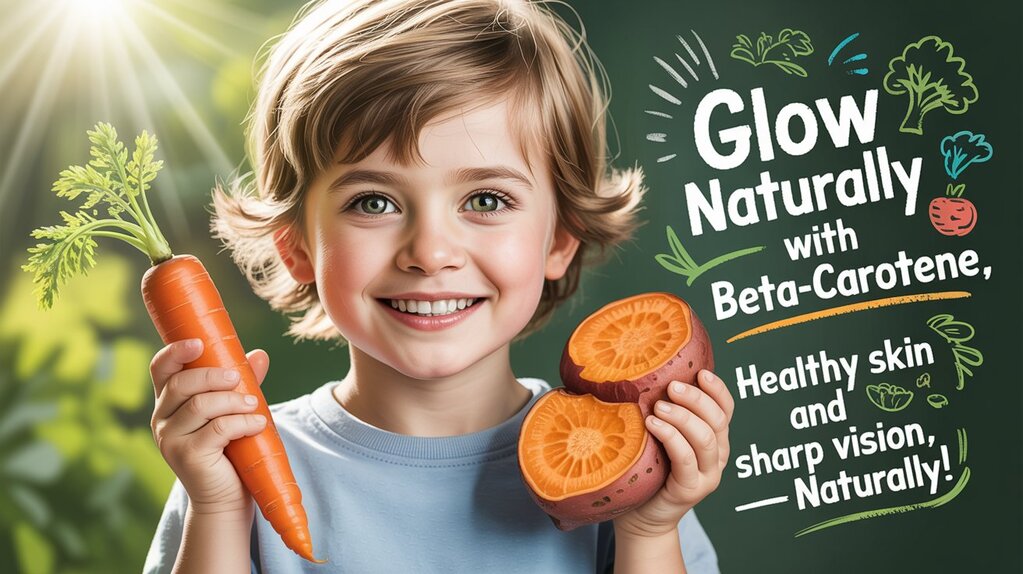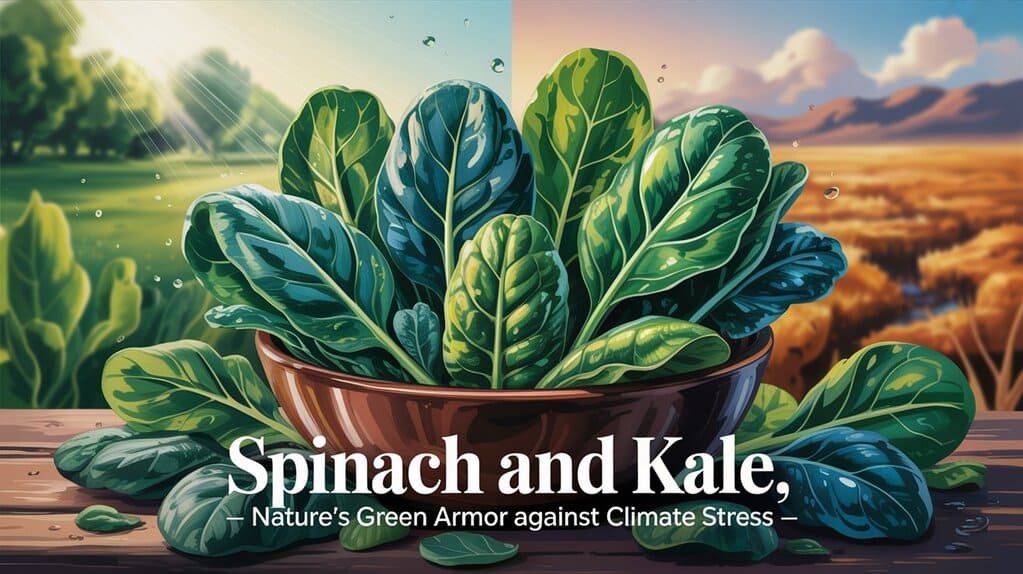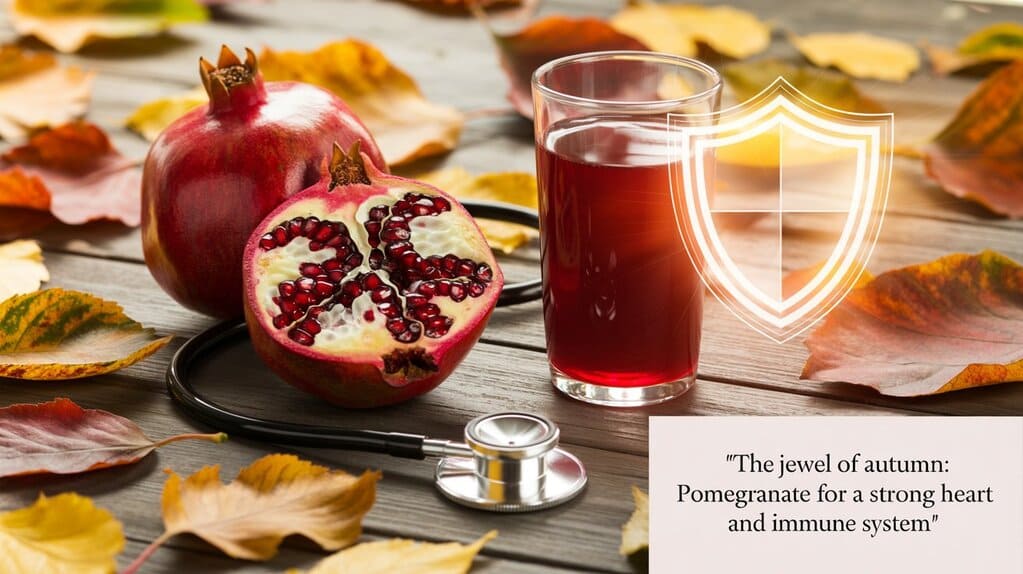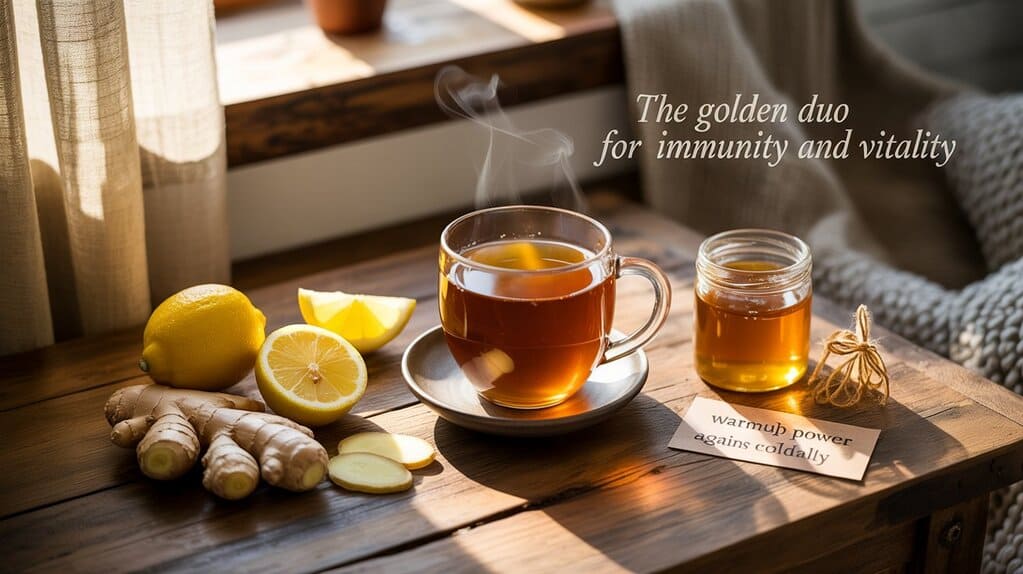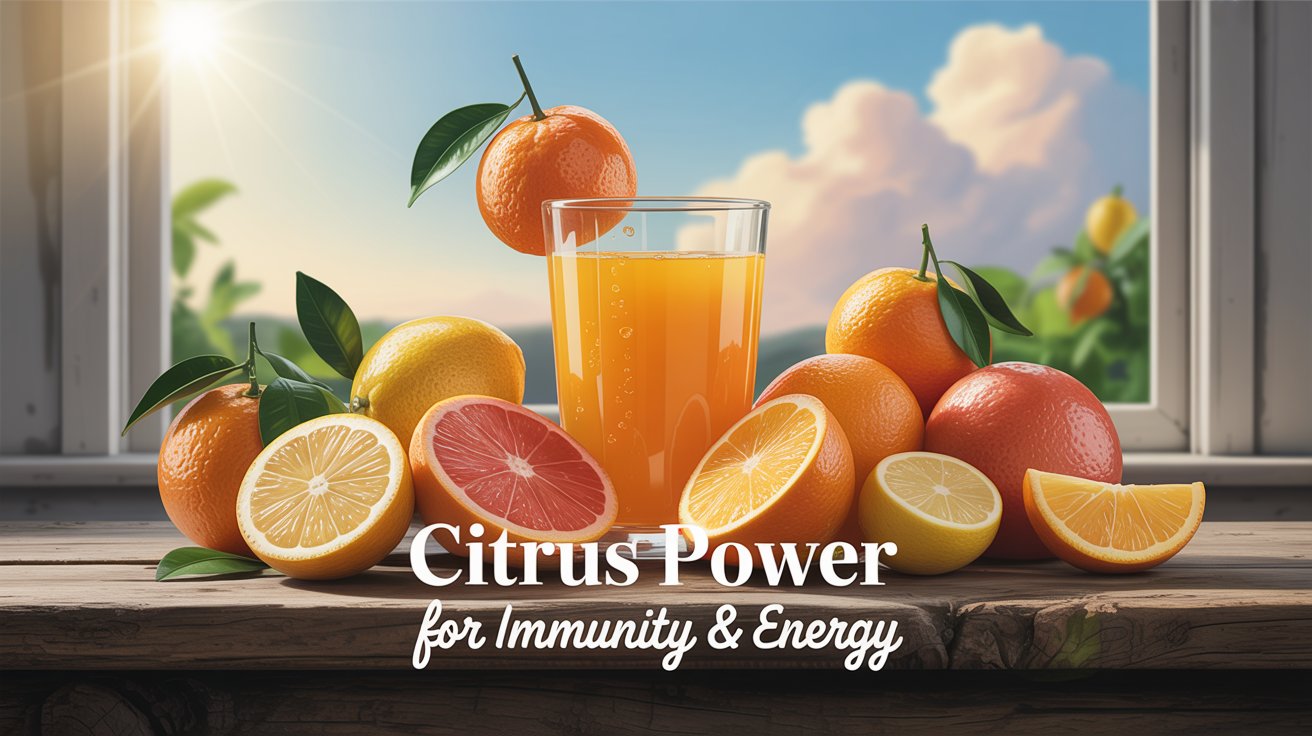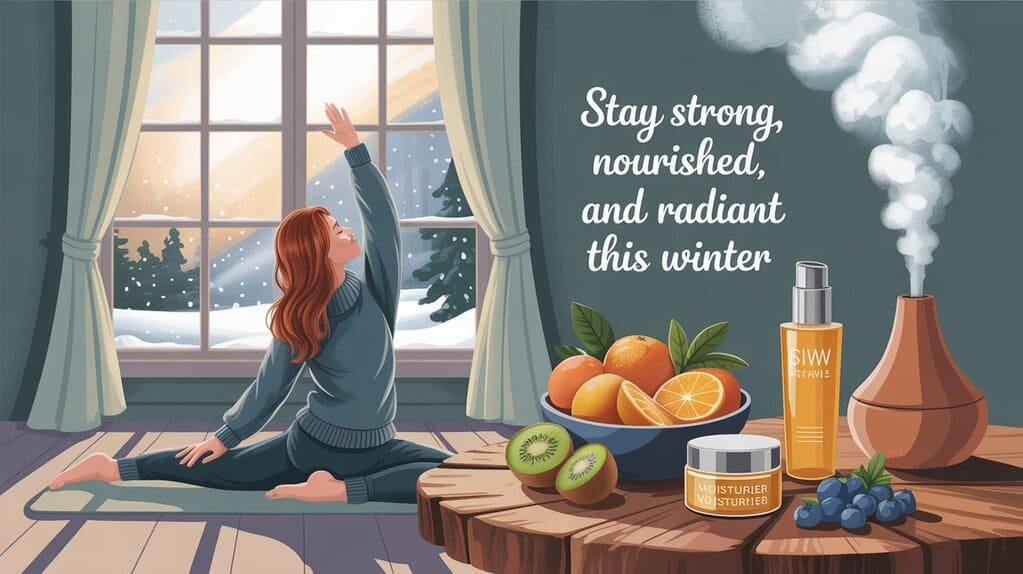
Keywords (SEO): late summer health, hydration, glowing skin, immune system, UV protection, heat acclimation, vitamin D, summer skincare, summer fitness, probiotics
Introduction
Late summer is a transition period: long, hot days begin to cool, kids return to school, and our bodies and skin need help shifting from high-heat survival mode into a healthier, restorative rhythm. This guide collects evidence-based, practical late summer health tips to keep your body strong, your skin glowing, and your immunity robust. It synthesizes recent medical findings and guidance from researchers and public health organizations across Asia, Europe, and North America so you can act on reliable information now. FrontiersPMCBureau des suppléments alimentaires
Key points (at-a-glance)
- Prioritize hydration — risk of under-hydration can be higher in summer. Frontiers
- Protect skin from UV radiation every day — photoaging and immune suppression are cumulative. PMCSpringerLink
- Maintain immune-supporting nutrition (balanced diet, consider vitamin C, vitamin D when indicated, probiotics). Bureau des suppléments alimentairesPubMedNature
- Acclimate to heat gradually for safer, more effective summer exercise. PMC+1
- Adopt a simple, consistent skincare routine and avoid over-exfoliation in late summer. PMC

The Body: Hydration, Heat, and Fitness
1. Hydration — more than “drink water”
Staying hydrated in late summer is essential for thermoregulation, cardiovascular function, and cellular processes. Population studies show lower optimal hydration status in summer months, indicating many people are at higher risk of suboptimal hydration despite higher fluid loss through sweat. Aim for regular fluid intake throughout the day, include electrolyte-containing beverages after extended sweating, and monitor urinary color and volume as practical self-checks. FrontiersPMC
Practical tips:
- Sip plain water consistently; add electrolyte solutions after long workouts (>60 minutes) or heavy sweating.
- Eat hydrating foods (cucumbers, watermelon, tomatoes).
- Avoid excessive alcohol and high-caffeine drinks during hot days.
2. Heat-acclimation for safe summer fitness
Gradual heat exposure (gradually increasing training duration/intensity in warm environments) improves thermoregulation, sweat response, and cardiovascular stability, reducing the risk of heat illness and improving performance in hot conditions. Whether you’re training for a race or trying to keep fit, allow your body 1–2 weeks of progressive exposure to heat before pushing intensity. Passive heat strategies (sauna, hot baths) are being researched but should be used cautiously. PMC+1
Quick workout rules:
- Train during cooler hours (early morning or evening) during heat waves.
- Lower intensity when humidity is high — perceived exertion increases.
- Replenish fluids during and after workouts; include sodium when sweating heavily.
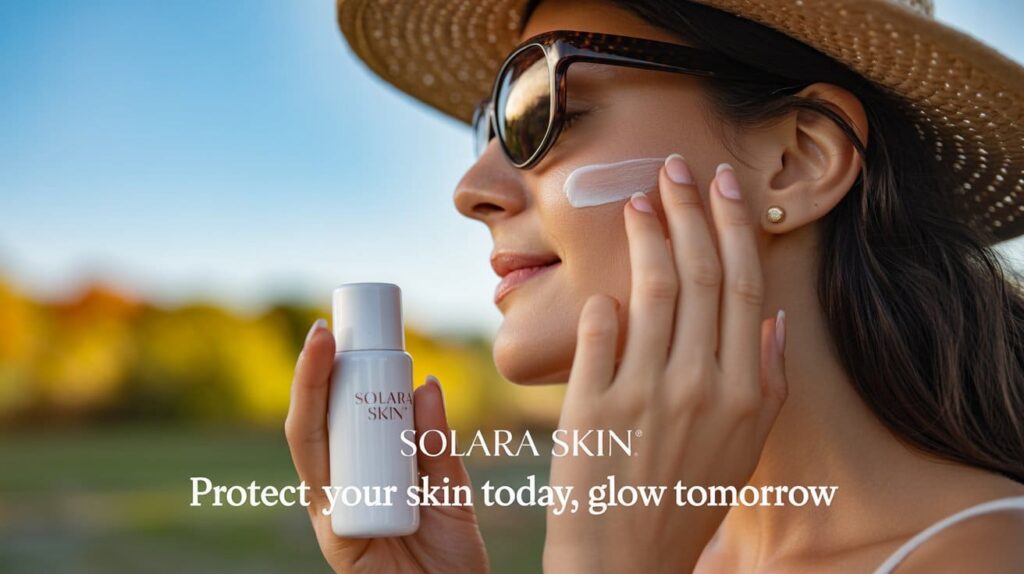
The Skin: Sun, Repair, and Glow
3. UV protection and preventing photoaging
Chronic exposure to ultraviolet (UV) radiation is a principal cause of photoaging — wrinkles, pigment spots, loss of elasticity — and contributes to skin cancer risk. Even late-summer sun can cause cumulative molecular damage (oxidative stress, DNA damage, and immune suppression in skin). A daily habit of broad-spectrum sunscreen (SPF 30+), sun-protective clothing, and sunglasses reduces long-term risk and helps maintain a glowing, healthy complexion. PMCSpringerLink
Skincare routine for late summer:
- Morning: gentle cleanser, antioxidant serum (vitamin C), broad-spectrum sunscreen SPF 30+.
- Evening: gentle cleansing, hydrating serum (hyaluronic acid), lightweight moisturizer; avoid heavy retinols on freshly sunburned skin.
- Weekly: mild exfoliation 1 time a week — avoid aggressive scrubs which impair barrier function during seasonal transition.
4. Repair ingredients that help
Topical antioxidants (vitamin C, niacinamide) and reparative actives (peptides, ceramides) support barrier repair and help reverse some photo-oxidative effects. When used consistently with sun protection, these ingredients help maintain luminosity and skin integrity. PMC
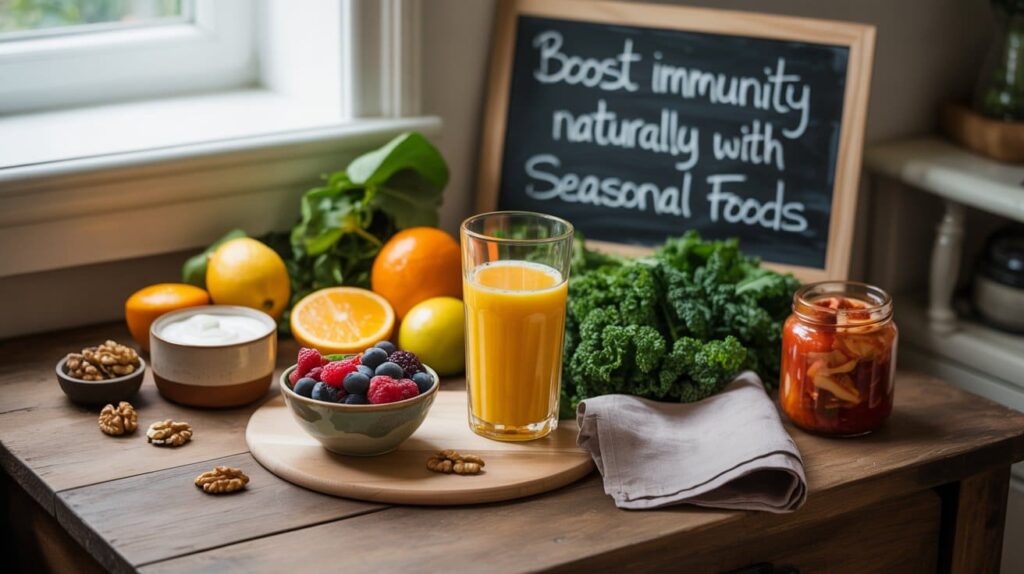
Immunity: Diet, Supplements, and Microbiome
5. Food-first approach, with evidence-based supplements when needed
A balanced diet rich in fruits, vegetables, whole grains, lean proteins, and healthy fats supplies vitamins, minerals, and phytochemicals essential for immune function. Public health reviews highlight some supplements with evidence for modest benefits in certain contexts:
- Vitamin C: meta-analyses indicate modest reductions in duration and severity of common colds for some groups; not a universal preventive. Bureau des suppléments alimentaires
- Vitamin D: earlier meta-analyses suggested modest protection against acute respiratory tract infections; more recent larger meta-analyses have tempered that conclusion, showing inconsistent preventive benefit across broad populations although deficiency correction remains important for bone and overall health. Consider testing first; supplement when deficient or if you have limited sun exposure. PubMedHealth
- Probiotics: growing evidence suggests selected probiotic strains can modulate immune-inflammatory markers and may improve vaccine responses and reduce some respiratory infection metrics, but strain-specific effects vary and evidence is still evolving. NaturePMC
Clinical note: Supplements are not substitutes for vaccines or clinical care. Discuss long-term or high-dose supplementation with a healthcare professional. Bureau des suppléments alimentaires

Lifestyle: Sleep, Stress, and Microbiome
6. Sleep and stress management
Quality sleep and low chronic stress are foundational for immune resilience. During late summer, maintain consistent sleep schedules, minimize screens before bedtime, and practice relaxation techniques (deep breathing, short evening walks, or mindfulness) to support restorative sleep and balanced immunity.
7. Gut-skin-immune axis
Emerging research shows the gut microbiota influences immune responses and even skin health. Diets rich in fiber and fermented foods support beneficial microbes; targeted probiotics can have measurable effects in some studies (including improved antibody responses post-vaccination in some trials). However, probiotic benefits are strain- and context-specific. NaturePMC
Quick reference: Late Summer Health Checklist (table)
| Area | Action (daily/weekly) | Why it matters |
|---|---|---|
| Hydration | Sip water throughout day; electrolytes after heavy sweating | Maintains thermoregulation, circulation, performance. Frontiers |
| Sun protection | SPF 30+ daily; hat & sunglasses; reapply when outdoors | Prevents photoaging and UV damage. PMC |
| Nutrition | Colorful plate; lean protein; fermented foods | Supports immunity and repair; feeds microbiome. Bureau des suppléments alimentairesNature |
| Supplements | Vitamin D if deficient; vitamin C during colds; probiotics selectively | Evidence supports targeted use; test before supplementing. PubMedBureau des suppléments alimentaires |
| Exercise | Gradual heat acclimation; avoid midday peak heat | Improves performance and safety in heat. PMC |
| Sleep & stress | 7–9 hours; relaxation routine | Supports immune function and recovery. |
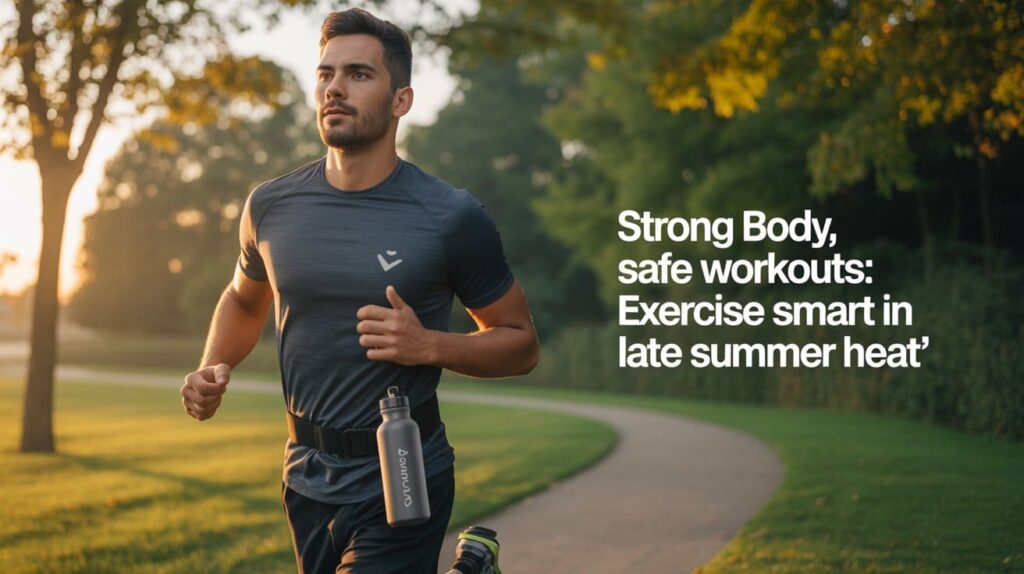
Recent studies & notable researchers (examples)
- A seasonal hydration study from China found lower rates of optimal hydration in summer, showing many people are at higher risk of dehydration during hot months. This supports regular hydration strategies in late summer. Frontiers
- Reviews on UV/photoaging published in dermatology journals summarize molecular mechanisms of UV damage and clinical strategies for prevention and repair. These underline daily sun protection and antioxidant use for long-term skin health. PMCSpringerLink
- Adrian Martineau and colleagues (UK) produced influential meta-analyses on vitamin D and respiratory infection, finding modest benefit in earlier datasets; more recent meta-analyses using larger trials have produced more nuanced conclusions — demonstrating the need for individualized approaches. PubMedHealth
- Meta-analyses and reviews in 2024–2025 examine probiotics and immune-inflammatory markers, noting reductions in some inflammatory markers and improved vaccine antibody responses in selected trials — promising but strain-dependent evidence. NaturePMC
- Sports-science reviews from 2019–2025 describe heat acclimation methods and outcomes (physiological adaptations that improve tolerance and performance), supporting gradual adaptation for summer training. PMC+1
Practical late-summer action plan (7-day starter)
Day 1: Evaluate hydration habits; add a reusable water bottle and set regular sips.
Day 2: Update sunscreen and plan outfits (hat/sunglasses); check expiration of SPF product.
Day 3: Add an antioxidant-rich breakfast (berries, yogurt, oats).
Day 4: Begin 10–20 minutes of early-morning exercise; hydrate pre- and post-session.
Day 5: Add one fermented food serving (yogurt, kefir, kimchi) and an extra vegetable.
Day 6: Practice a 20-minute relaxing evening routine (no screens 30 minutes before bed).
Day 7: Review supplement needs with your clinician (consider vitamin D testing if you’re at risk). Bureau des suppléments alimentairesPubMed
Conclusion
Late summer is the perfect time to build habits that protect your skin from cumulative sun damage, keep your body hydrated and heat-adapted, and support a resilient immune system through diet, targeted supplements (when indicated), sleep, and stress management. The best approach is food-first, layered with smart sun protection, gradual heat acclimation for exercise, and evidence-based, individualized supplement use. Regular, small habits—daily sunscreen, steady hydration, balanced meals, and consistent sleep—compound into a strong body, glowing skin, and healthier immunity as the seasons change.
Selected references (for further reading)
- Zhang J., Seasonal fluctuation of total water intake and hydration status (Frontiers in Nutrition, 2025). Frontiers
- Gromkowska-Kępka KJ., The impact of ultraviolet radiation on skin photoaging (review, 2021). PMC
- Brar G., Comprehensive review of the role of UV radiation in photoaging (2025). PMC
- Martineau AR., Vitamin D supplementation and respiratory infections (meta-analysis, 2017) and later meta-analyses (2024–2025 updates). PubMedThe Washington Post
- NIH Office of Dietary Supplements — Dietary Supplements for Immune Function (health professional summary). Bureau des suppléments alimentaires
- Sempach L., Probiotics and immune-inflammatory mechanisms (Nature, 2024). Nature
- Kissling LS., Heat acclimation: physiological adaptations (2019). PMC

